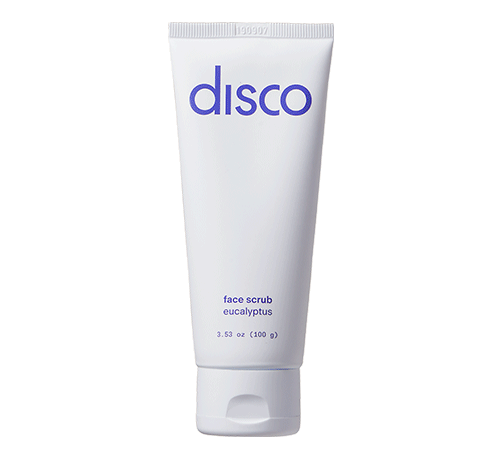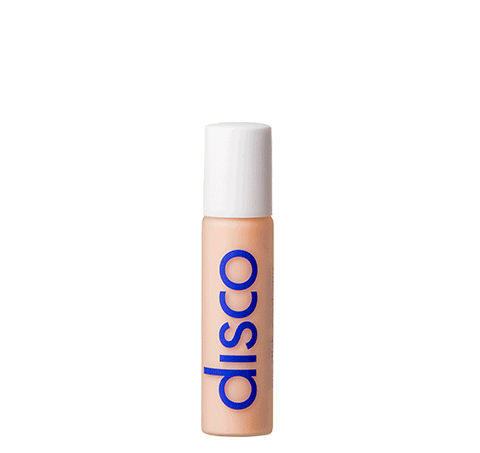A common query that comes to mind when viewing skincare options is why there are different products for men and women. It may seem like men and women can use the same products and that skincare should be universal. However, men and women have different needs when it comes to their skin, and likewise, brands differentiate their products based on these needs.
According to dermatologists, the skin is vulnerable and easily affected by hormones in the body. As men and women have different sets of hormones, and different hormonal changes throughout their lives, the skin is affected in different ways. Therefore, men require different ingredients, formats, and a range of products to meet their skin’s needs.
Differences Between Male and Female Skin
-
Hormones
-
pH Levels
-
Aging Process
-
Facial Hair
Male and Female Hormones
The human body carries a different set of hormones based on gender at birth. For men, testosterone is the primary hormone, while estrogen is the primary hormone for women.
Testosterone plays a big role in men’s skin. This hormone contributes to thicker skin in men, higher collagen content, larger pores, and higher oil amounts. Collagen is the significant protein within the skin cells that keeps the skin elastic and youthful throughout your life. Pores are also known as sebaceous glands, and testosterone causes these pores to be larger in men, therefore causing a greater output of sebum production, or oil, on the face. Sebum is the natural oil emitted from our skin in order to keep it lubricated and not dry as a desert.
All in all, testosterone contributes most to the key differences in men's and women’s skin.
pH Levels
The skin barrier is made up of collagen, lactic, and amino acids. Together, these three elements give the skin a pH level or an acidity level. Due to key differences in collagen amount, men have a lower average pH level to the surface of their skin than women.
This is why women generally have drier skin than men; as a higher pH level contributes to more frequent evaporation of hydration from the skin surface.
Aging Process
Aging looks different from person to person, and is a process everyone must experience. When we think of aging, we think of the development of wrinkles, moles, sun spots, fine lines, and crow’s feet. But, the way we age differs from men to women significantly as a result of hormonal differences. These aesthetic changes concerning aging (wrinkles, fine lines, etc.) are due to a decrease in collagen production.
The aging process is very gradual and at a consistent pace throughout a man’s life. For women, aging is more or less the same until menopause. In the event of menopause, a huge hormonal shift occurs, contributing to a rapid increase in aging skin.
Facial Hair
The last major factor differentiating men's and women’s skin is the presence of facial hair. Due to testosterone and other male-native hormones, men tend to grow facial hair that is coarser, longer, and more prominent than women. Men’s skin also has a higher density of hair follicles in the beard area, which is why men can grow full and thick beards, and women typically cannot.
Key Differences in Skincare for Men and Women
Keeping in mind that the major factors that contribute to differentiation in male and female skin are hormones, pH levels, the aging process, and facial hair, skincare should be suited around the alternate benefits that each needs.
Female skincare products tend to focus on moisturizing, hydrating, and restoring the moisture barrier. Women experience drier skin in general from the way they age, their hormones, and the higher pH level of their skin surface. To counteract the dryness and sparse natural oil production from the pores/sebaceous glands, skincare products are designed to heavily moisturize.
Next, men’s skincare brands focus on balancing the particular pH level of the skin surface for men rather than women. Skincare has seen major advancements and attention for female skin in the past few decades, while men’s skincare is particularly lacking. Men should use a brand that pays close consideration to their pH levels, so as to not disrupt the balance of their complexion.
Alternatively, men tend to have an oilier complexion due to larger pores, more sebaceous glands and sebum production, and less need for moisturizing. Men should opt for a lightweight Hydrating Face Moisturizer that balances their oil production and hydrates the skin where it needs it.
As men age gradually throughout their lives, even sooner on average than women, they should be incorporating anti-aging skincare into their regimen earlier than women. Retinol and retinoids are important ingredients for stimulating collagen production and keeping skin youthful for longer. Men’s skincare should focus on anti-aging ingredients like retinol, Vitamin C, and Niacinamide.
Last, men have to take into account managing skin sensitivity to facial hair and shaving. They need products that pay particular attention to the area of the face where facial hair grows. This area is susceptible to irritation, inflammation, redness, and ingrown hairs. Exfoliating with a natural scrub helps prevent ingrown hairs and clear dead skin cells, while aftershave products and antiseptic ingredients help prevent inflammation while calming irritation.
Final Thoughts
At first glance, it may appear that men’s skincare is a marketing strategy or myth. However, just as male and female bodies can require separate medicines, treatments, and support due to biological differences, skincare operates just the same.
Men’s skin has its own set of needs, and those should be met with dermatologist-backed, specifically-formulated products to target their needs. At Disco, we care about servicing men with the tools and products they need to look and feel their best. You can put your trust in us when searching for skincare to help you with razor burn, acne, oily skin, and more.







